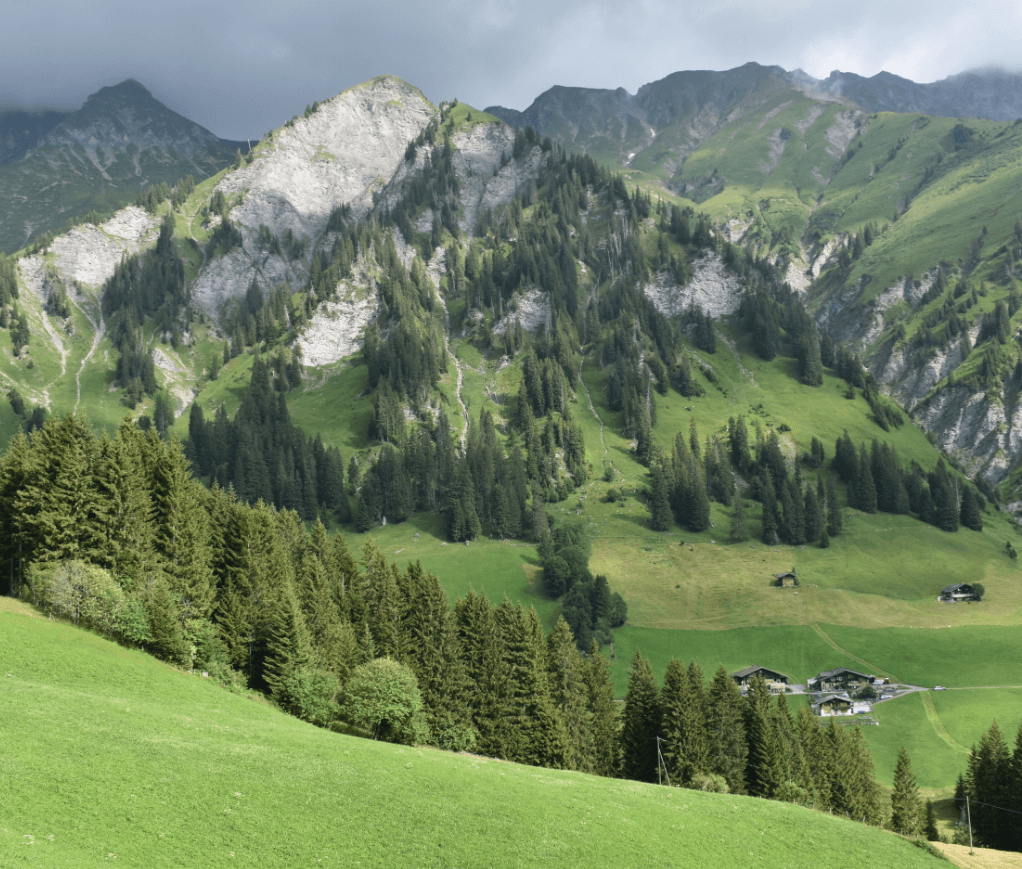049 - On How All Things End - Moral Letters for Modern Times

I had thought myself by now master of my senses but I had yet another reminder today that they are still my master. For my self-possession was torn from me by something as simple as the smell of thyme in a market. I was instantly transported to the hills of southern Spain, where herbs grow freely in the brush of the foothills cascading down from the reddish peaks to the Mediterranean. And your face, my dear Deuteros, was just as quickly before me recalling to mind the hikes we took with the family up and down those rocky ravines among those hardy herbs.
It seems we were just there together, basking in the buildup of afternoon heat and languishing through days where the sunlight never seemed to fade. In my memories time becomes a disordered jumble. I can pluck a scene from my pre-teens that feels as near in time to me as other dramas that played out when my own children were that age. My parents never seemed to age, frozen in one unchanging state, but time’s invisible passage has left its visible marks upon them.
Now I am aged myself, though I similarly did not note time’s magic as it worked upon me. I woke up one day to see some potion had taken its effect, and wizened my face before I’ve managed to bring wisdom to my eyes. Though these memories in my mind tell me that everything is yet as it was, I need but look around me to see that my internal map has not kept up with the landscape: shall I count the number of gravestones bearing silent witness to the fact that the ranks of our comrades have been thinned by death’s scythe? Not many of these were taken in their prime, and what does that say about how stealthily time lulls us into submission?
I look up and see buildings gone, entire blocks upheaved and remade, cities that bear the same name but whose streets I do not know by heart, like the goat paths we used to tread as children. At this rate, can we doubt that the very mountains we once clambered up will be gradually worn down and themselves swept into the sea?
Some get so swept up in the course of their campaigns that they consider only current affairs and give no thought to what brought them to that pass, or in which direction they are heading. In my case, I cannot say that I was unaware while events unfolded, for mindfulness has been my practice for many a year. I recall my decision to study law after abandoning the pursuit of the study of the mind (how light a decision for something that would prove so weighty over my life!), meeting the love of my life in law school (though the vision of her distracted me mightily from my lessons!), the rites of passage accompanying my passing the bar (what a low bar it now seems for such a high pursuit, and would that we set it much higher to maintain the rule of law!), and the joy at turning my love of words into the otherwise laborious practice of law (how something so pure can be turned into something so base when every principle comes with a price tag attached!).
No, Deuteros, in my head I am still all of these states simultaneously: chomping at the bit to start the race, undisciplined and prodigious in my expenditure and waste of energy, finding my easy rhythm and stride, one day rearing up accomplished and experienced, then at one moment first noticing the load I was pulling, and now feeling the full weight of that load inexorably slowing me to a halt.
The more I have accomplished, the more I find myself looking backward rather than looking forward. I tell myself this is only natural, and moreover, it is the correct course, because no lesson is as well learned as the one you have taught yourself. But this introspection also gives me pause, because I realize time never pauses for us. We are but poor judges of time, Deuteros, for we never once correctly estimate that time’s passage is the same for us all and is the same at all times. In our childhood we are heedless, and this makes time seem endless. In our youth we are reckless, and this makes us wasteful of time. In our middle age we take note and start to enjoy the finer notes of life and time. And as we approach the finish line, we are alarmed, for we realize the race we’ve been rushing through awards a prize that none would jump the line to receive early.
Knowing finally that every hour contains but sixty minutes, and every minute but sixty seconds, each moment seems infinitely more precious to us precisely because we know they are slipping through our fingers, never to return. What irony that it takes a life to learn that we should take none of our lives for granted! If it was in my power to change just one part of the human condition, I would make memory work in both directions. That is, let us remember our futures as clearly as we do our pasts. If as youths we could call to mind not just the small number of things already done, but the vast number yet to come, we would realize the fullness of life as it is happening, rather than after it has passed.
Be well.






Member discussion